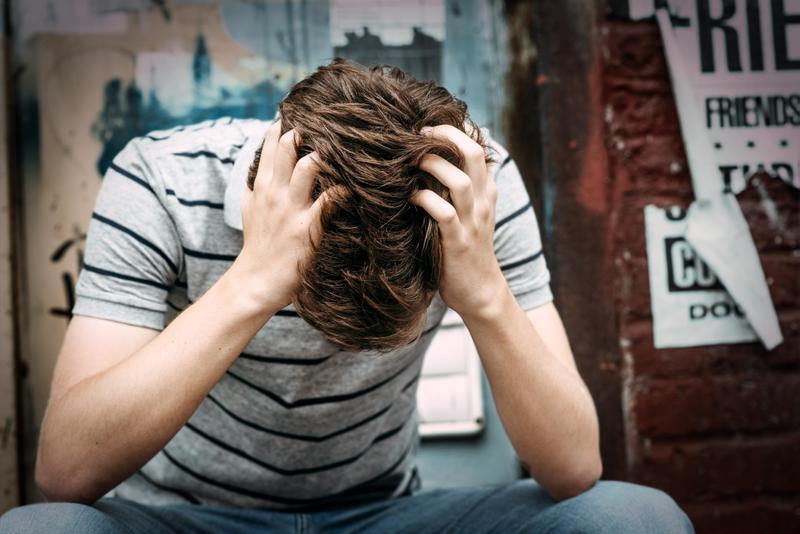Decriminalise Suicide
Decriminalise Suicide
Suicide is not a crime, isn't it. Today globally at the rate of 2000 every single day, more than 700,000 people across the world die by suicide every year. Guyana, a South African country has the highest suicide rates in the world.
But now a new thought is shaping in the world. That thought is - decriminalisation of suicide because the people suffering to the extent that they are willing to take their lives have as much right as anyone and needs support and treatment. It is now time for the punishment of ill mental health to end and for the world to provide support to those forced to suffer in silence.
It is the fear of punishment and potential reprisals against loved ones that people refrain from seeking help which stops truthful reporting on suicide. This prevents governments to scale the solemnity of the issue and difficult to plan effective prevention efforts.
But now people have started demanding decriminalisation of suicide. Today, in 23 countries, attempting suicide is considered a criminal offence punishable with a fine to years of imprisonment. According to a report published in prominent Arab news channel Al Jazeera the World Health Organization (WHO) and International Association for Suicide Prevention marked September 10 as World Suicide Prevention Day, to help end the stigma surrounding suicide. It is a day designed to send a message to the world that suicide can be prevented and they have joined forces to press countries that still classify suicide as a criminal offence to change their laws. Their efforts are yielding in Island and developing countries like Ghana, Indonesia Pakistan Guyana St Lucia, the Bahamas and Suriname. Guyana, Pakistan, Ghana and Malaysia have made landmark reforms to decriminalise suicide. Today, the process of establishing suicide prevention centres throughout the Guyana is in full swing and public programmes to reduce suicide attempts are being organised.
The WHO is also lending its support for the decriminalisation of suicide.
